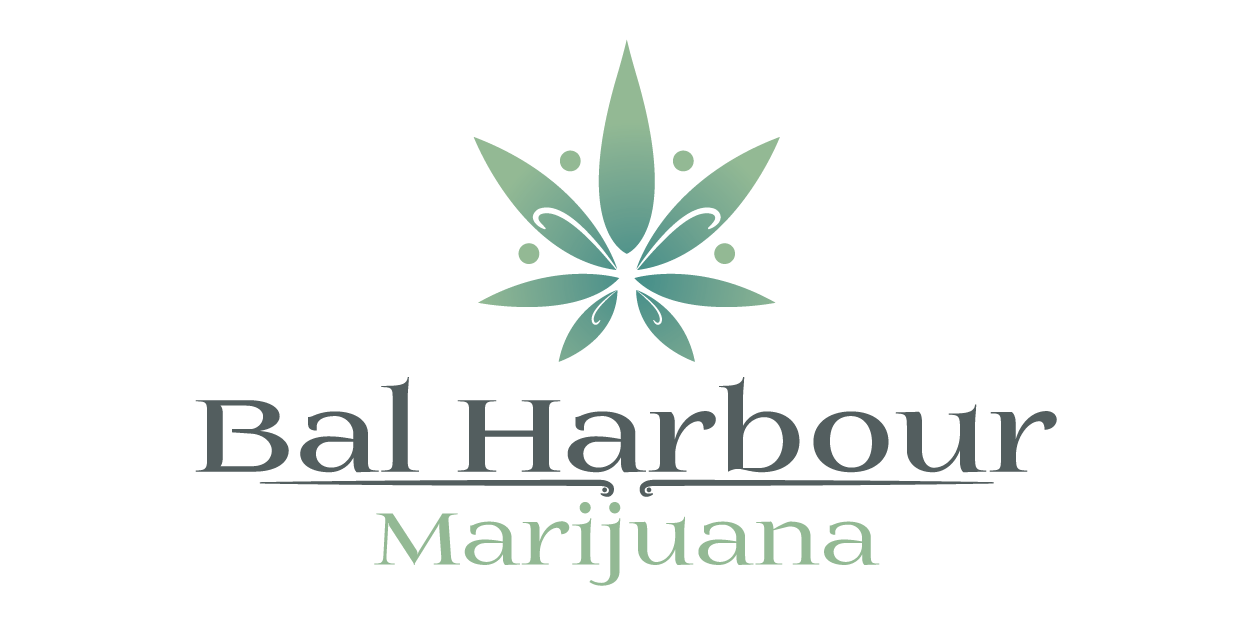Cannabis is increasingly intersecting with wellness culture in Bal Harbour, where residents prize preventive health, low-impact fitness, and luxury self-care. Within Florida’s medical framework, the village sits near a dense network of dispensaries serving a sizable patient base, which makes access to regulated products straightforward for qualified patients. The Florida Department of Health’s Office of Medical Marijuana Use (OMMU) most recently reported 922,769 active patient ID cards and 2,401 qualified physicians statewide—an indicator that cannabis is already embedded in Florida’s health ecosystem.
Wellness-minded consumers in Bal Harbour are gravitating toward cannabis for familiar reasons: managing stress, enhancing relaxation, supporting sleep, and easing everyday aches that accompany high-performance lifestyles. National polling shows steady adult consumption and sustained interest in non-combustible formats such as edibles, aligning with a “functional wellness” mindset that avoids smoking. Evidence syntheses from the National Academies highlight substantial or conclusive evidence for certain therapeutic uses—such as chronic pain in adults and antiemetic effects for chemotherapy-induced nausea—while also emphasizing areas where research remains limited. For residents using cannabis with wellness goals, that balance of evidence supports pragmatic, physician-guided use rather than one-size-fits-all claims.
Regulation shapes how wellness shows up locally. Visitors often split time between Bal Harbour and nearby Miami Beach, where authorities have tightened enforcement around possession and public consumption; planning for private, legal use remains essential on and near the beaches. Florida’s medical program also requires that orders be recorded in the state’s Medical Marijuana Use Registry and dispensed by licensed medical marijuana treatment centers—guardrails that integrate cannabis into clinical conversations and dosage tracking rather than informal self-experimentation.
CBD remains a common entry point for Bal Harbour’s spa and recovery routines, yet federal regulators continue to caution that CBD products are not approved dietary supplements. The U.S. Food and Drug Administration notes potential risks with long-term or unsupervised use, including liver effects and drug–drug interactions, and reiterates that both CBD and THC remain excluded from the dietary supplement definition. Consumers pairing CBD with massage, post-training recovery, or sleep regimens should consult clinicians and seek lab-tested products from reputable retailers.
Looking ahead, several forces are likely to shape cannabis-and-wellness in Bal Harbour. First, Florida’s large medical footprint points to continued investment in precisely dosed, low-odor, and micro-serving products that pair neatly with fitness, mindfulness, and sleep hygiene. Second, evolving consumer behavior—particularly the preference for smoke-free formats—suggests cannabis will be used more like a targeted wellness tool than a social indulgence. Finally, compliance expectations will remain central: choosing licensed retailers, understanding local rules, and documenting goals and outcomes with clinicians will differentiate responsible wellness use from risky trial-and-error. OMMU’s ongoing reporting on patients, physicians, and dispensations underscores the program’s maturity and the likelihood of continued service enhancements, including delivery and patient education, that match Bal Harbour’s concierge approach to health.
Practical guidance is clear: follow Florida’s medical rules and local ordinances, use private spaces, start low and go slow with dosing, and keep an open line with one’s physician about objectives like sleep, recovery, or stress management. That measured, evidence-aware approach lets Bal Harbour residents integrate cannabis into holistic routines while staying compliant and informed.
